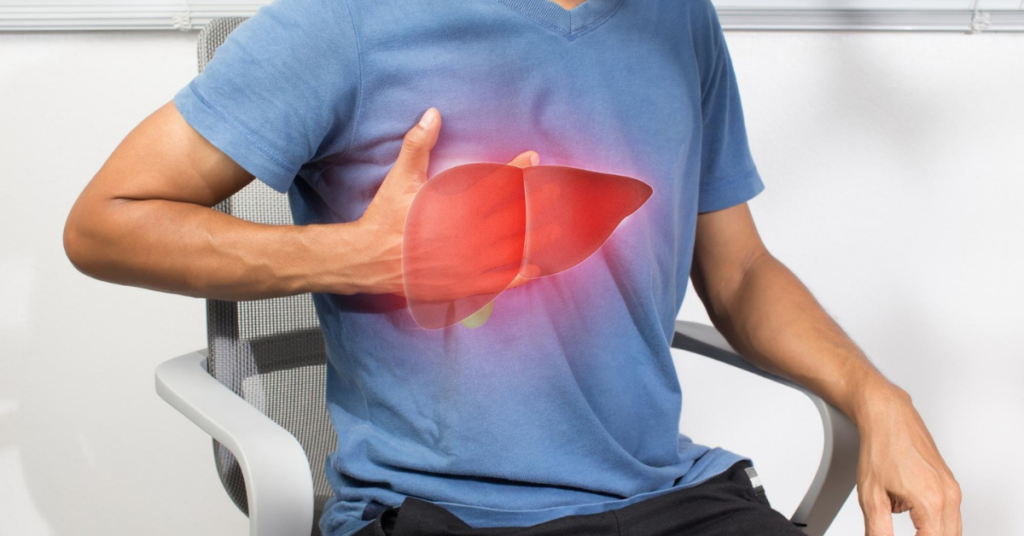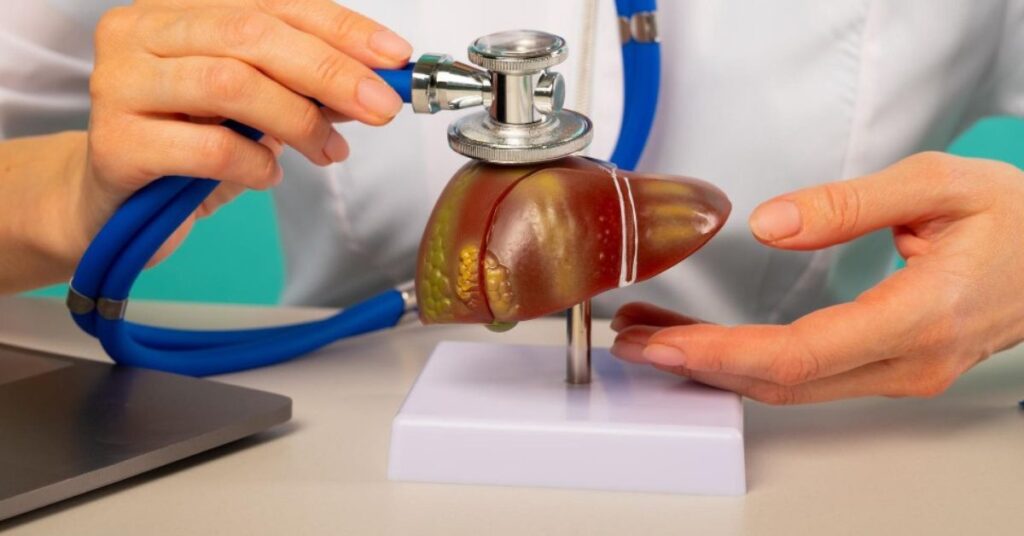Liver illnesses have the ability to subtly advance to dangerous levels, impacting not only physical health but also mental and emotional stability. Medical treatment by itself might not be sufficient in extreme situations. At that point, patients and their families start looking at life-saving alternatives, like as liver transplant in Indore, which can genuinely give them a second shot at living.
The Reasons for Needing a Liver Transplant
When the liver can no longer function correctly because of cirrhosis, hepatitis, or liver failure brought on by drugs or alcohol, liver transplants are typically considered. This significant phase includes planning, assessment, and collaboration between a multispecialty team and the patient.
Options for Surgery That Preserve Lives
Depending on the demands of the patient, there are two primary types of liver transplants performed:
- A living donor transplant involves the transplantation of a piece of a healthy person’s liver.
- A deceased donor’s liver is utilized in a deceased donor transplant.
Strength in Emotions Prior to Surgery
Both the patient and their family may feel overwhelmed by the prospect of requiring a liver transplant. There are many questions, worry, and uncertainty. Many patients, however, describe the experience as one of optimism rather than anxiety as the route becomes obvious and trust is established with the medical team. A patient’s mental and physical preparation is greatly aided by education, emotional support, and open communication.
The Group Responsible for Each Successful Transplant
The success of a liver transplant depends on the strength of the whole healthcare system, not just the operation. Every professional, from hepatologists and transplant coordinators to dietitians and rehabilitation specialists, contributes to a safe and easy recovery.
When it comes to liver transplant in Indore, prompt medical advice and a knowledgeable staff are essential. In addition to saving lives, a well-executed transplant gives patients and their families hope and normality again. It’s not simply surgery; it’s the beginning of a better, more complete future.




